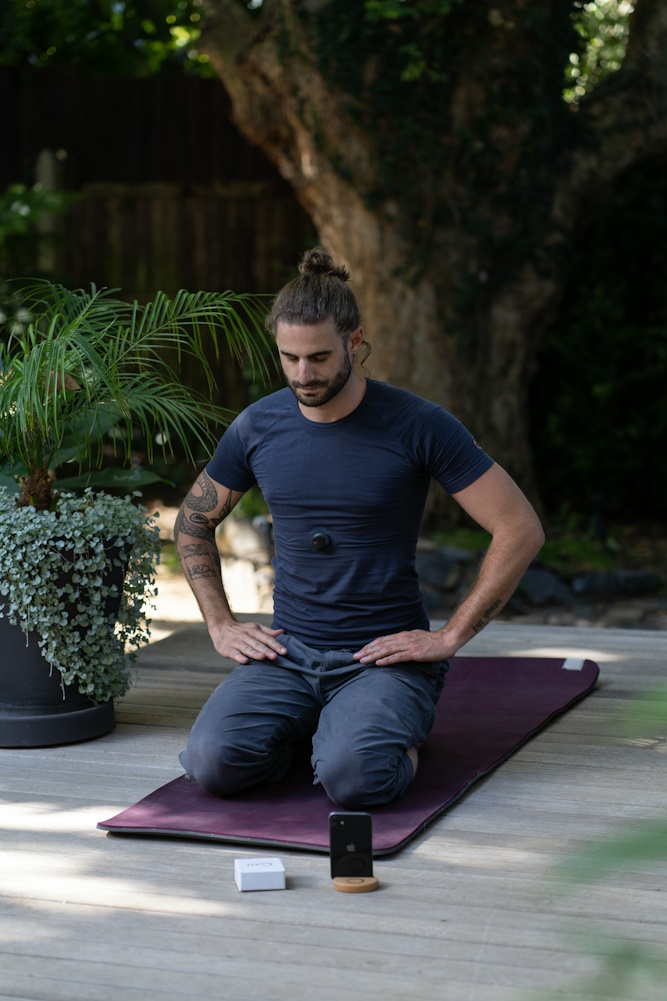Pilates is not just a physical exercise method; it’s also a powerful stress-relief tool. The mind-body connection and focus on controlled movements in Pilates make it an excellent choice for alleviating stress. Here, we will delve into how Pilates can effectively provide stress relief and its potential impact on overall well-being.
The Mind-Body Connection in Pilates
One of the primary reasons Pilates is beneficial for stress relief is its emphasis on the mind-body connection. During Pilates practice, individuals are encouraged to focus on their breath, body movements, and alignment. This concentration on the present moment helps divert the mind from stressors, providing a mental break.
The meditative and mindfulness aspects of Pilates can help reduce stress and anxiety levels. Mindful movement, combined with proper breathing techniques, promotes relaxation and a sense of calm, making it an excellent choice for managing the daily pressures of life.
Physical Benefits of Pilates for Stress Relief
1. Tension Release: Pilates includes a variety of stretches and movements that can help release muscle tension, which often accompanies stress.
2. Core Strength: A strong core can improve posture, reduce back pain, and increase overall comfort, which can contribute to stress relief.
3. Enhanced Flexibility: Improved flexibility helps reduce stiffness in the body, relieving discomfort and stress-related tension.
4. Better Sleep: Regular Pilates practice can lead to better sleep quality, which is essential for managing stress.
What is the best exercise for stress and anxiety?
The best exercise for stress and anxiety can vary from person to person, as individual preferences and physical conditions play a significant role in determining what is most effective. However, several types of exercises have been widely recognized for their stress-relief benefits:
1. Yoga: Like Pilates, yoga combines physical postures with mindful breathing and meditation. It’s renowned for its stress-reduction capabilities, offering relaxation and mental clarity.
2. Aerobic Exercise: Activities like walking, jogging, cycling, or swimming that elevate the heart rate can trigger the release of endorphins, which are natural stress relievers.
3. Tai Chi: This slow and graceful form of exercise combines movement and meditation, promoting relaxation, balance, and stress reduction.
4. Meditation and Mindfulness: Practices like meditation, deep breathing, and mindfulness exercises can be highly effective in managing stress and anxiety.
5. Pilates: Pilates, as discussed, is an excellent choice for stress relief, particularly for those who appreciate its mind-body connection and controlled movements.
The best exercise for stress and anxiety is the one that you enjoy and are more likely to stick with. Finding the right fit may involve some trial and error, and it’s perfectly acceptable to combine different exercises to create a holistic approach to stress management.
Does Pilates help cortisol levels?
Cortisol, often referred to as the “stress hormone,” is released by the body in response to stress. Elevated cortisol levels can lead to negative health effects. Pilates can have a positive impact on cortisol levels through various mechanisms:
1. Reduction in Stress: Pilates, with its emphasis on mindful movement and relaxation, helps reduce overall stress levels. Lower stress leads to a decrease in cortisol release.
2. Endorphin Release: Like many forms of exercise, Pilates triggers the release of endorphins, which counteract the effects of cortisol and promote a sense of well-being.
3. Improved Sleep: Better sleep quality resulting from regular Pilates practice can lead to lower cortisol levels, as disrupted sleep patterns can contribute to cortisol imbalances.
4. Balanced Hormones: Pilates can help regulate hormonal imbalances associated with stress, potentially reducing cortisol secretion.
While Pilates can positively affect cortisol levels, it’s important to note that stress management is a multifaceted process. A holistic approach that combines regular exercise, a healthy diet, and relaxation techniques can be particularly effective in achieving a healthier hormonal balance.
Is Pilates good for depression and anxiety?
Yes, Pilates can be beneficial for individuals dealing with depression and anxiety. It offers a range of advantages that contribute to improved mental well-being:
1. Mood Elevation: Pilates, like other forms of exercise, stimulates the release of endorphins, which are natural mood lifters. This can help reduce symptoms of depression and anxiety.
2. Stress Reduction: The mindfulness and meditative aspects of Pilates assist in stress reduction, which is essential in managing depression and anxiety.
3. Mind-Body Connection: Pilates encourages individuals to become more in tune with their bodies, helping them better manage their mental state and alleviate symptoms of depression and anxiety.
4. Social Interaction: Participating in group Pilates classes can provide a social aspect that reduces feelings of isolation, which can be beneficial for individuals dealing with depression.
While Pilates can be a valuable part of a holistic approach to managing depression and anxiety, it’s important to consult with a healthcare provider or mental health professional to develop a comprehensive plan that may include therapy, medication, and lifestyle changes.
In summary, Pilates is an effective exercise method for stress relief due to its focus on the mind-body connection and controlled movements. It helps alleviate stress and anxiety, promoting relaxation and overall well-being. Pilates, along with other exercise forms and stress management techniques, can be an integral part of managing cortisol levels and may contribute to improved mental health in individuals dealing with depression and anxiety.
